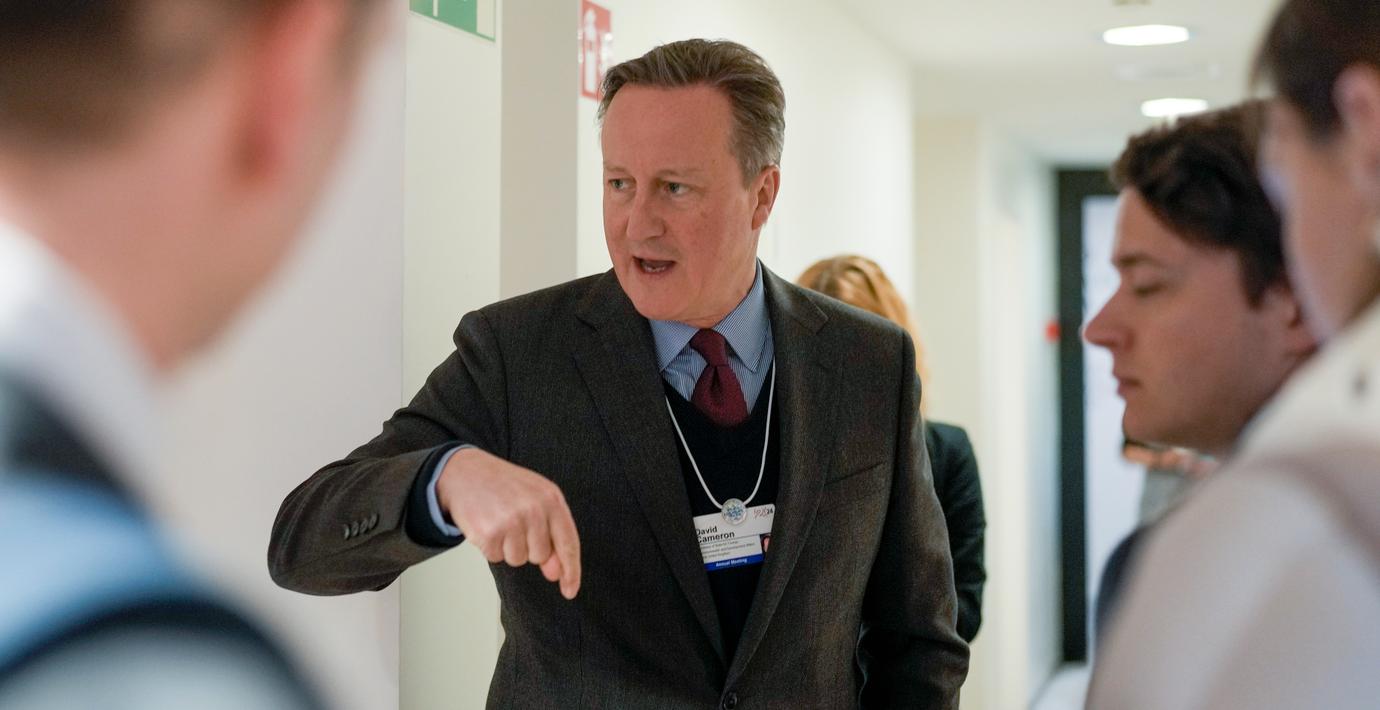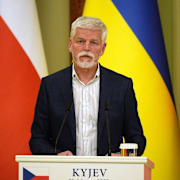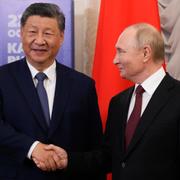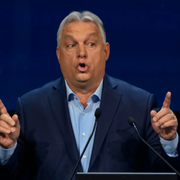
Cameron: Känns som 1930 – vi kan inte blidka Putin
Situationen i Europa efter den ryska invasionen av Ukraina liknar den inför andra världskriget. Det säger Storbritanniens utrikesminister David Cameron i en intervju med Politico.
– Det här är som att vara utrikesminister eller ledare i Europa på 1930-talet, vi kan inte blidka Putin. Vi måste stå upp mot den ondska som den här invasionen representerar.
Den före detta premiärministern säger att kriget i Ukraina är hans ”absolut första prioritering” som utrikesminister.
bakgrund
Eftergiftspolitiken på 30-talet
Wikipedia (en)
Appeasement, in an international context, is a diplomatic policy of making political, material, or territorial concessions to an aggressive power to avoid conflict. The term is most often applied to the foreign policy of the British governments of Prime Ministers Ramsay MacDonald (in office 1929–1935), Stanley Baldwin (in office 1935–1937) and (most notably) Neville Chamberlain (in office 1937–1940) towards Nazi Germany (from 1933) and Fascist Italy (from 1922) between 1935 and 1939. Under British pressure, appeasement of Nazism and Fascism also played a role in French foreign policy of the period but was always much less popular there than in the United Kingdom.In the early 1930s, appeasing concessions were widely seen as desirable because of the anti-war reaction to the trauma of World War I (1914–1918), second thoughts about the perceived vindictive treatment by some of Germany during the 1919 Treaty of Versailles, and a perception that fascism was a useful form of anti-communism. However, by the time of the Munich Agreement, which was concluded on 30 September 1938 between Germany, the United Kingdom, France, and Italy, the policy was opposed by the Labour Party and by a few Conservative dissenters such as future Prime Minister Winston Churchill, Secretary of State for War Duff Cooper, and future Prime Minister Anthony Eden. Appeasement was strongly supported by the British upper class, including royalty, big business (based in the City of London), the House of Lords, and media such as the BBC and The Times.As alarm grew about the rise of fascism in Europe, Chamberlain resorted to attempts at news censorship to control public opinion. He confidently announced after Munich that he had secured "peace for our time".Academics, politicians and diplomats have intensely debated the 1930s appeasement policies ever since they occurred. Historians' assessments have ranged from condemnation ("Lesson of Munich") for allowing Hitler's Germany to grow too strong to the judgment that Germany was so strong that it might well win a war and that postponing a showdown was in the best interests of the West.
Omni är politiskt obundna och oberoende. Vi strävar efter att ge fler perspektiv på nyheterna. Har du frågor eller synpunkter kring vår rapportering? Kontakta redaktionen



